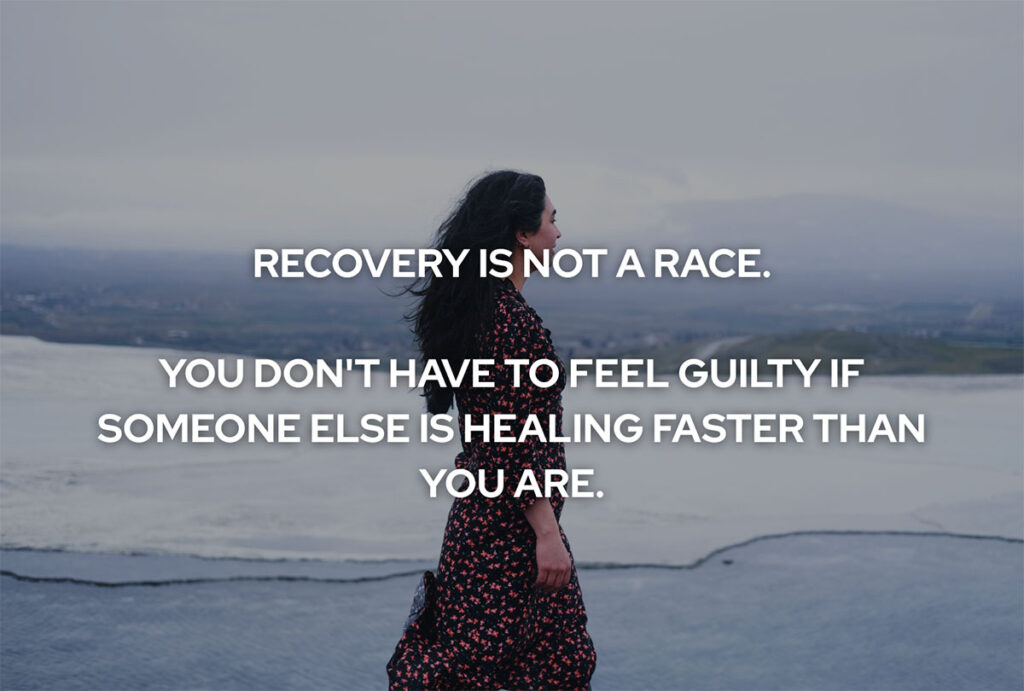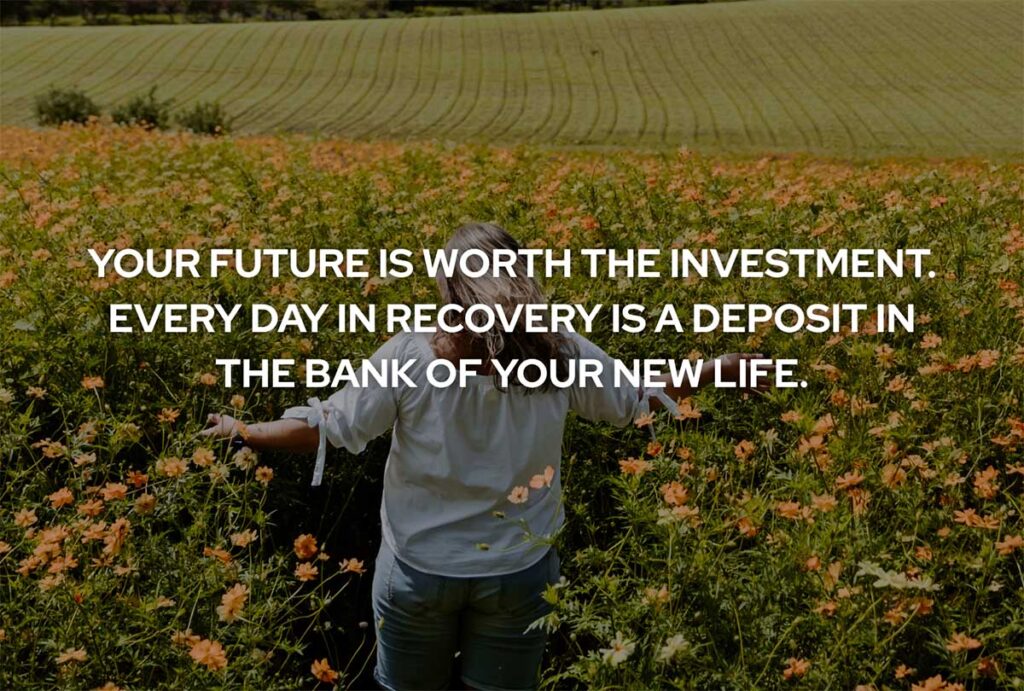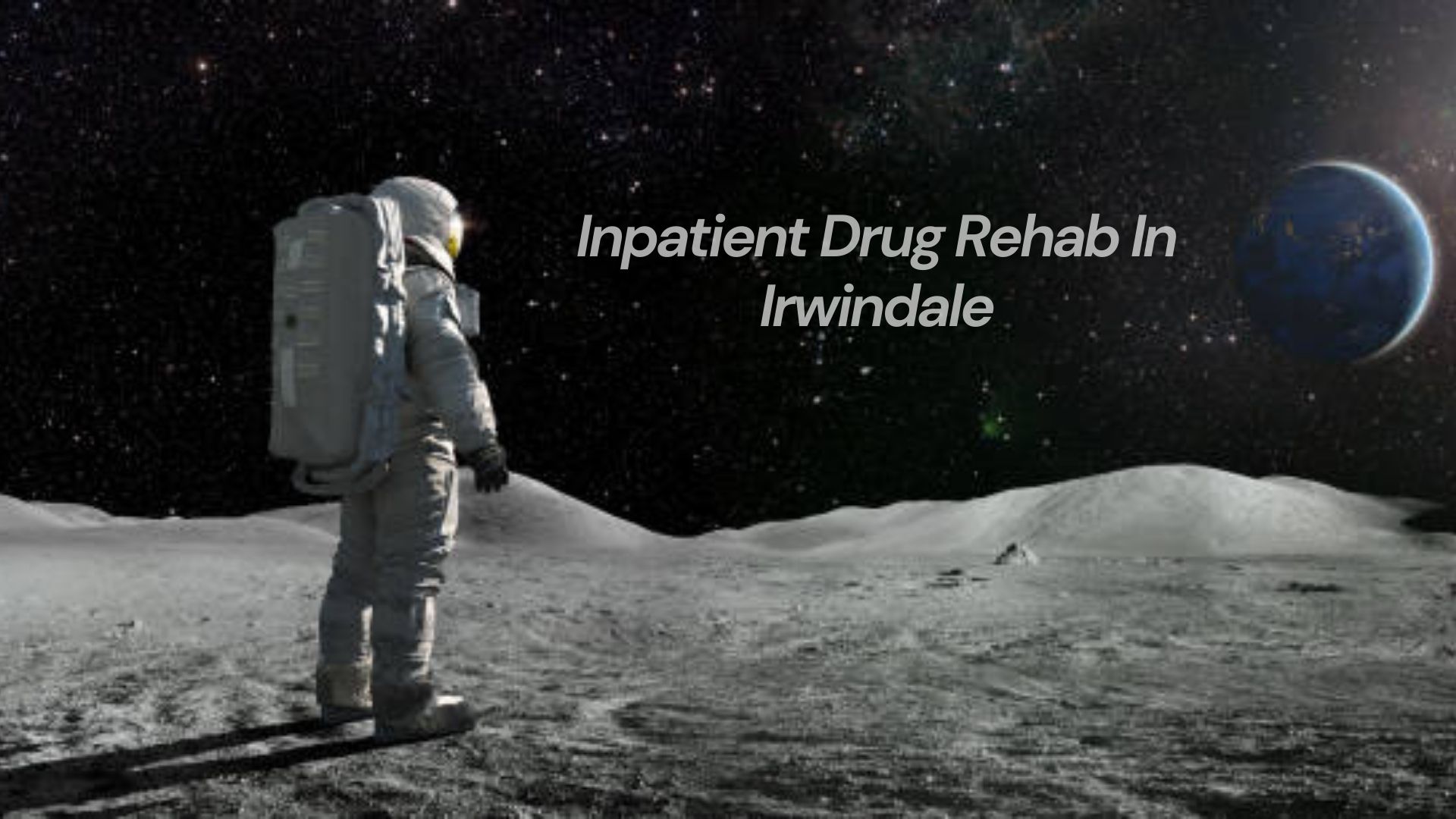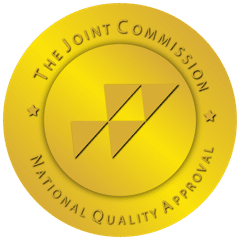Rehab provides a structured, supportive environment where individuals can recover from substance abuse through therapy, education, and holistic care. The experience of rehab can vary depending on the program type, but the ultimate goal is to help individuals build lasting recovery habits.

What to Expect When You Enter Rehab
Upon entering a rehab center, patients typically begin with an intake assessment. This process involves:
- Reviewing medical and substance use history
- Evaluating mental health and physical condition
- Developing a personalized treatment plan
Daily Life in Rehab
Most rehab programs have a structured daily schedule that includes:
- Morning routine: Meditation, breakfast, and group check-ins
- Therapy sessions: Individual and group counseling, often using cognitive behavioral therapy (CBT)
- Educational workshops: Topics on relapse prevention, coping skills, and addiction science
- Recreational activities: Exercise, art, or nature therapy for holistic healing
- Evening reflections: Peer discussions, journaling, or quiet time
Types of Therapy Offered
Rehab centers use various therapeutic approaches tailored to the individual:
- Cognitive Behavioral Therapy (CBT): Identifies and changes negative thought patterns
- Motivational Interviewing: Encourages patients to embrace change
- Family Therapy: Involves loved ones in the recovery process
- Holistic Therapies: Yoga, meditation, or music therapy to address mental and emotional well-being
Supportive Environment
The rehab environment is designed to foster healing and accountability:
- Peer Support: Patients share experiences and motivate each other
- Professional Supervision: Licensed therapists and medical staff monitor progress
- Safe Space: Drug-free, judgment-free zone to focus solely on recovery
Duration of Rehab Programs
Rehab can last anywhere from 30 to 90 days or longer, depending on:
- The severity of addiction
- Presence of co-occurring mental health disorders
- Personal progress and recovery goals

Transitioning After Rehab
Rehab programs prepare patients for life after treatment by providing:
- Relapse Prevention Plans: Strategies to manage triggers and stress
- Aftercare Programs: Continued therapy, group meetings, or sober living options
- Support Networks: Connecting with community groups like Alcoholics Anonymous (AA) or Narcotics Anonymous (NA)
Is Rehab Right for You?
Rehab is ideal for individuals who:
- Struggle to stop using substances despite consequences
- Experience withdrawal symptoms or cravings
- Need structured support to avoid relapse
If you’re unsure, speaking with a professional at a rehab center can help you evaluate your options.
Conclusion

Rehab offers a comprehensive, supportive experience focused on long-term recovery. While it may seem intimidating at first, many individuals find rehab to be life-changing. Through professional guidance, peer support, and structured care, rehab helps individuals regain control and start a new chapter of life.






